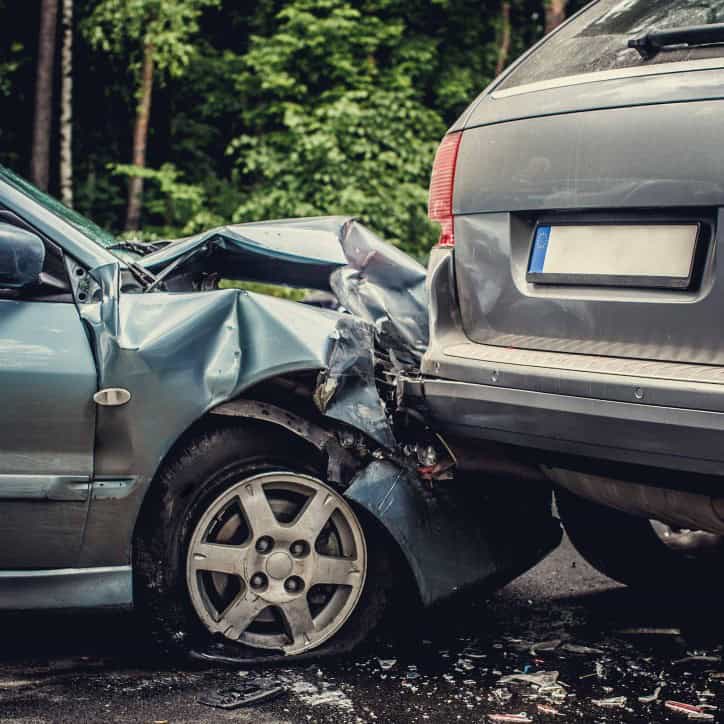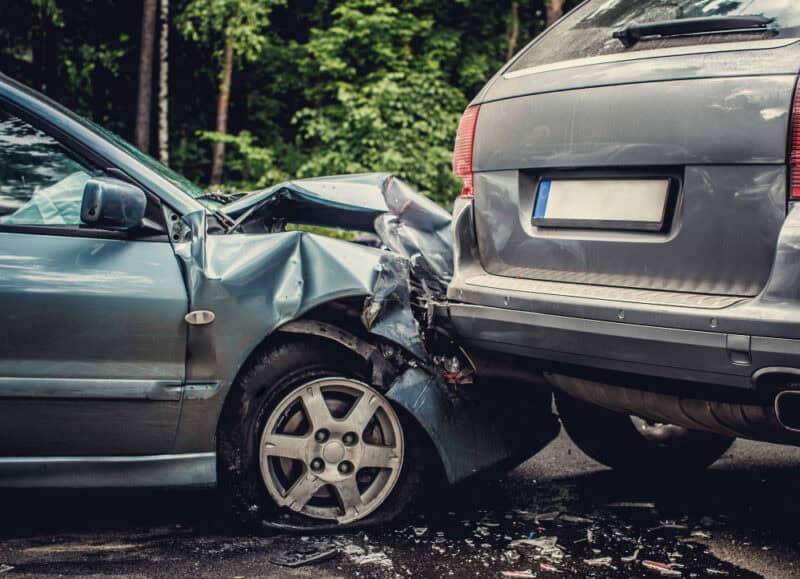Learning that your teen was involved in a car accident can be a terrifying moment for any parent. When your child is the one behind the wheel, the stakes feel even higher.
Along with worrying about their safety, you’ll likely face questions about liability, legal responsibilities, and next steps. Knowing how to respond can make a stressful situation more manageable.
This guide will walk you through the necessary steps after an accident, discuss liability issues specific to teen drivers, and provide insights into filing a claim.
Immediate Steps to Take after a Car Accident
Here are the immediate steps to take after a car accident:
Check on Safety
If your teen calls you after an accident, the first thing to do is ensure they and others involved are safe. Encourage them to call 911 if anyone is injured or if the vehicles cannot be moved from traffic. Remind them not to move anyone who appears seriously injured, as this could make injuries worse.
If the crash is minor and it’s safe, they should move the vehicle to the side of the road and turn on hazard lights to alert other drivers.
If your teen is too shaken to handle this, reassure them that emergency responders will take over when they arrive.
Call Emergency Services
Even if the accident seems small, it’s important to call 911 right away. That way, the police can create an official accident report, which will be helpful for insurance claims and any legal steps later.
On top of that, emergency responders can check for injuries, even if your teen says they feel fine.
Document the Accident
Encourage your teen to document the accident as thoroughly as possible. Photos of vehicle damage, road conditions, and visible injuries are important evidence.
They should also exchange insurance information with the other driver but keep the conversation neutral—no apologies or admissions of fault.
If witnesses are present, ask them to provide their contact information. Witness statements can clarify what happened and support your case later if disputes arise.
Seek Medical Attention
Even if your teen feels okay after the accident, they should still see a doctor. Some injuries, like whiplash or concussions, don’t show up right away but can get worse later. A doctor can find these issues early and make sure your teen gets the care they need.
Keep all medical records, bills, and prescriptions, as these documents will be critical if you need to file an insurance claim or seek compensation for medical expenses.
Follow-up appointments are also essential to monitor their recovery.
Are Parents Liable for Their Teen’s Car Accident?
When a teen is driving, liability for an accident can become complicated. If a parent owns the vehicle their child was driving, they are typically responsible for any damages caused.
In Massachusetts, parents may be held liable for their minor child’s actions under statutory and common law.
Liability may also arise if the parent knew or should have known their teen had reckless tendencies and failed to take reasonable steps to prevent them from driving.
For example, if a parent knew their teen had a prior driving under the influence (DUI) record but still let them drive without restrictions, the parent could be held responsible if another accident occurred.
This highlights the importance of setting clear rules and taking precautions to prevent further risks.
Who Is Responsible for Damages?
Most of the time, the family’s insurance will cover damages caused by a teen driver if they are listed on the policy.
But rules can be different in each state, so it’s good to know how your local laws work. Checking this now can help avoid problems later.
In Boston, under the no-fault insurance system, your own insurer typically pays for medical expenses and other immediate costs, regardless of who is to blame.
However, fault still matters when it comes to covering property damage or lawsuits.
If a teen driver is found to be more than 50% at fault for the accident, they (or their parents) may be responsible for covering damages beyond what the insurance policy covers.
If the damages exceed coverage limits, the parent might even face personal liability, especially if the teen is still a minor.
In such cases, consulting with a lawyer can help you understand your options and protect your financial future.
How to File an Insurance Claim
After a car accident involving your teen, filing an insurance claim is an important step. Follow these tips to make the process smoother:
Notify Your Insurance Company
Call your insurance company right away to report the accident. Share the details of what happened but don’t say it was your fault. They will tell you what they need, like the police report or medical records.
Gather Supporting Evidence
Collect all documentation related to the accident, including photos, medical bills, repair estimates, and witness statements. This evidence will strengthen your claim and help ensure you receive fair compensation.
Work with a Lawyer
If liability is disputed or the insurance company offers a low settlement, consulting a personal injury lawyer can be invaluable. A lawyer will handle negotiations with insurers and advocate for your teen’s best interests.
The Role of a Personal Injury Lawyer
Dealing with the aftermath of a car accident can feel overwhelming, especially when your teen is the one driving. A personal injury lawyer can be a valuable resource, managing the legal and financial complexities so you can focus on your teen’s recovery.
They will investigate the accident thoroughly to determine who is at fault, ensuring all the details are accounted for.
They also deal with insurance companies to get a fair settlement, which helps reduce financial stress for your family.
Moreover, a lawyer can help you understand your rights and responsibilities as the parent of a teen driver, giving you clear advice when things feel difficult. Their experience makes the process simpler and helps you feel more confident about what to do next.
If you’re dealing with an accident involving your teen, DiBella Law Office, a trusted Boston Personal Injury Lawyer, can guide you through the process. They offer free consultations and work on a no-win, no-fee basis, so you don’t have to worry about upfront costs. Their team works hard to protect your rights and get fair compensation.
How to Prevent Future Accidents involving Your Teenager
While accidents can’t always be avoided, reinforcing safe driving habits can help reduce risks.
- Remind your teen to avoid texting, eating, or other distractions while driving.
- Teach them to stay alert, anticipate other drivers’ actions, and avoid aggressive behaviors.
- Consider implementing restrictions, such as limiting nighttime driving or the number of passengers in the car.
- Model safe driving behaviors yourself, like wearing a seatbelt and avoiding distractions.
Final Thoughts
If your teen is in a car accident, stay calm and focus on what needs to be done. First, make sure they’re safe. Then, take care of the insurance and any legal stuff.
A personal injury lawyer can guide you through it all and help get fair compensation if needed. This can make a stressful situation easier to handle.
As always, stay safe!
Author Bio: Christopher DiBella is the founding partner of DiBella Law Injury and Accident Lawyers. He knows the pain of injury from his own family’s experiences.
Chris earned his Bachelor’s degree from Boston University, graduating cum laude, and his J.D. from Suffolk University Law School. Among his many awards and recognitions are The National Trial Lawyers Top 25 Motor Vehicle Trial Lawyer, Top 100 Civil Plaintiff Lawyer, and Super Lawyers Rising Star.
With both skill and genuine empathy, Chris is dedicated to helping clients turn their struggles into successful outcomes


